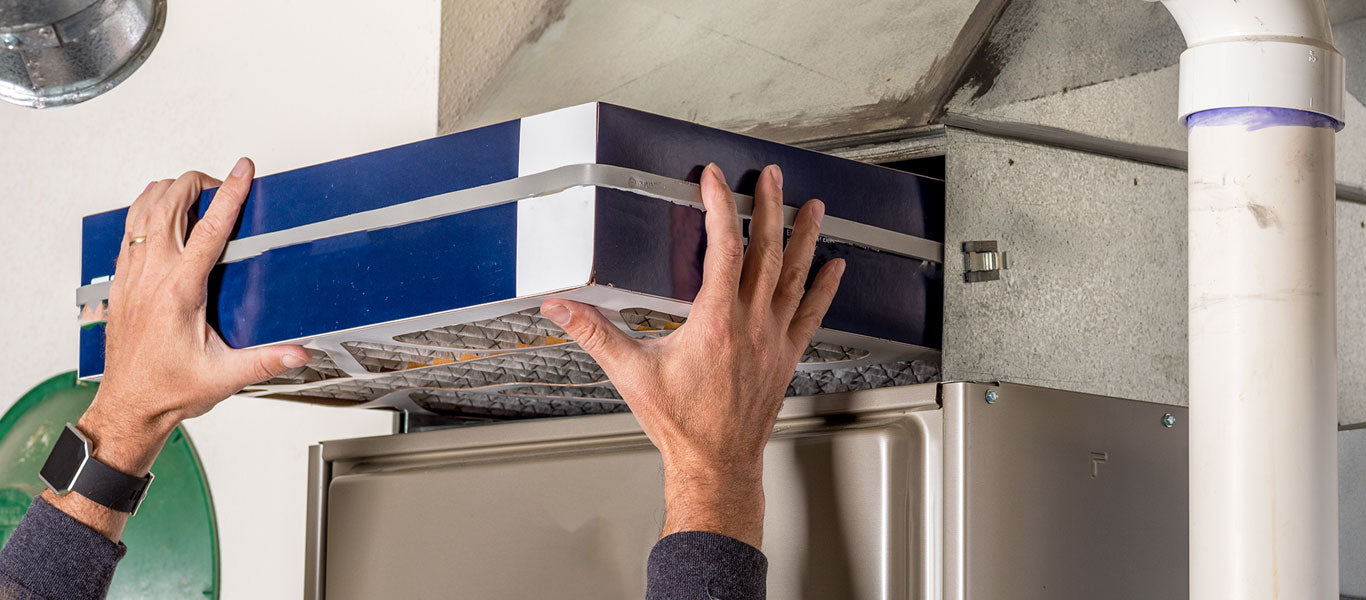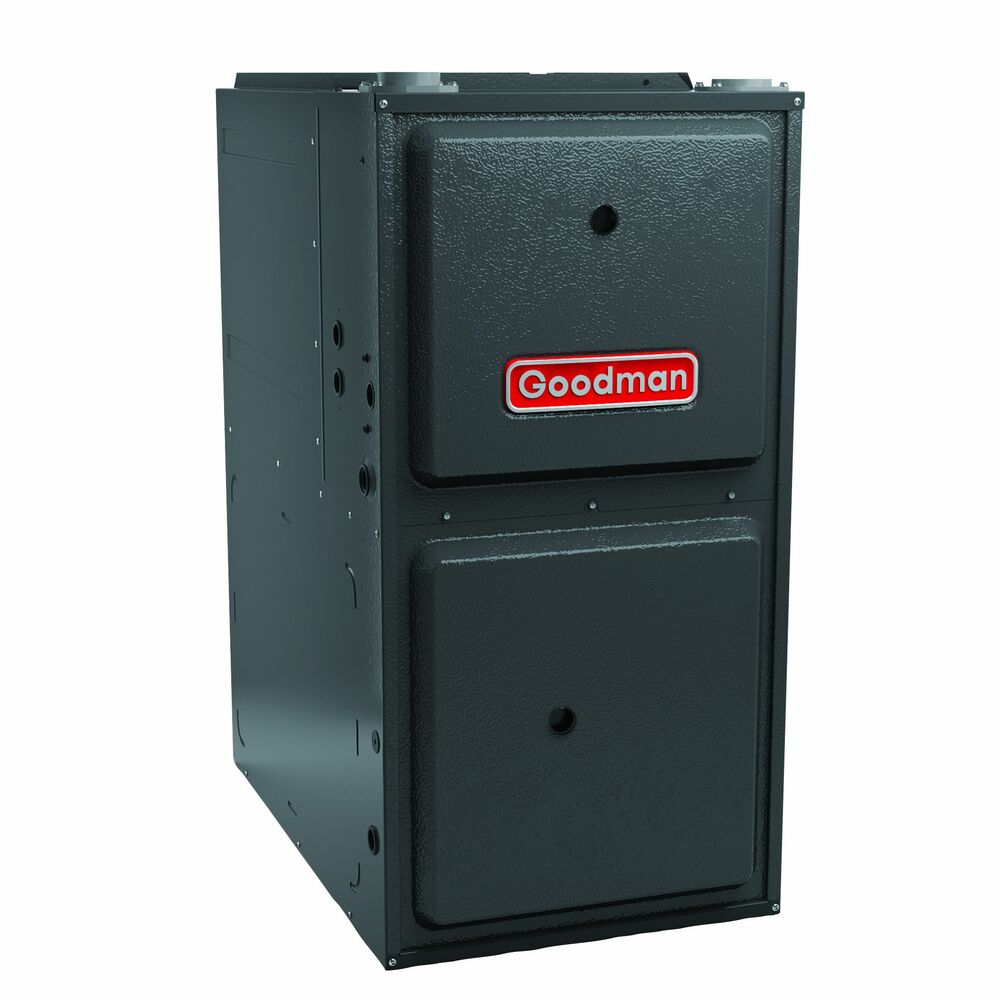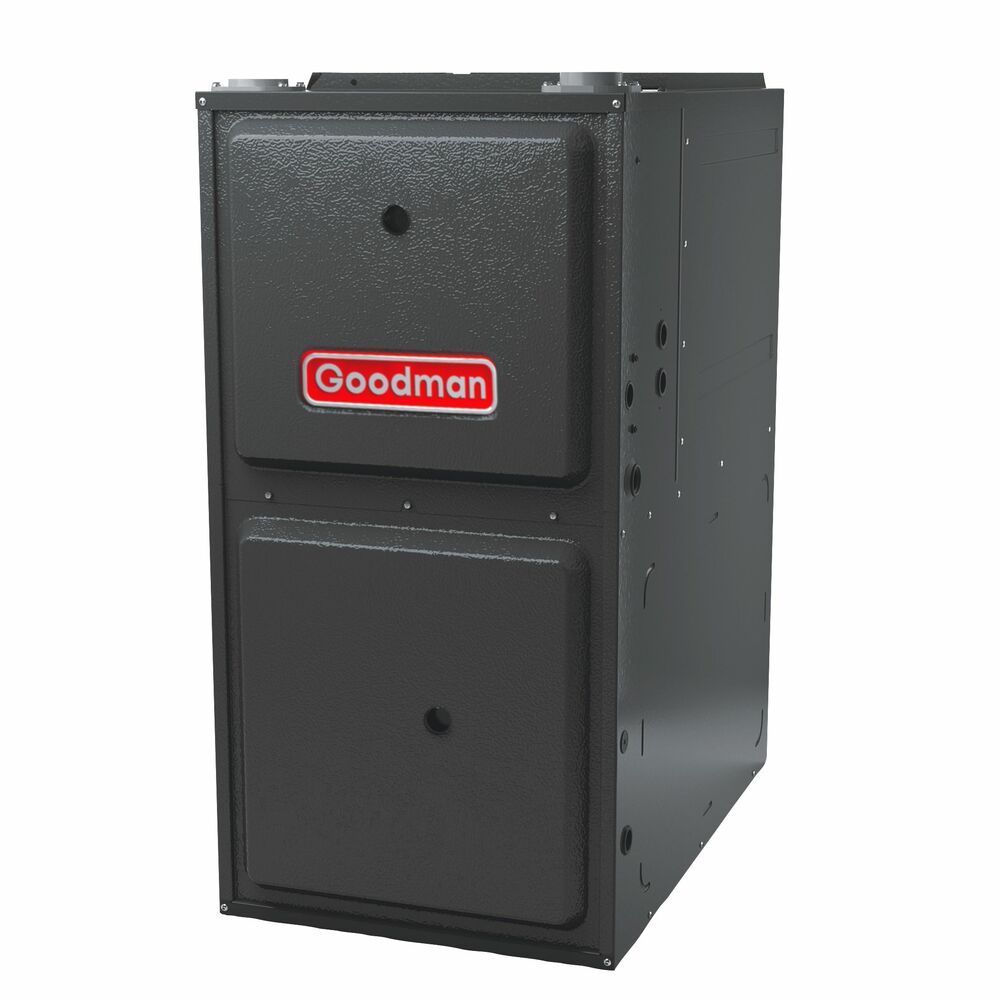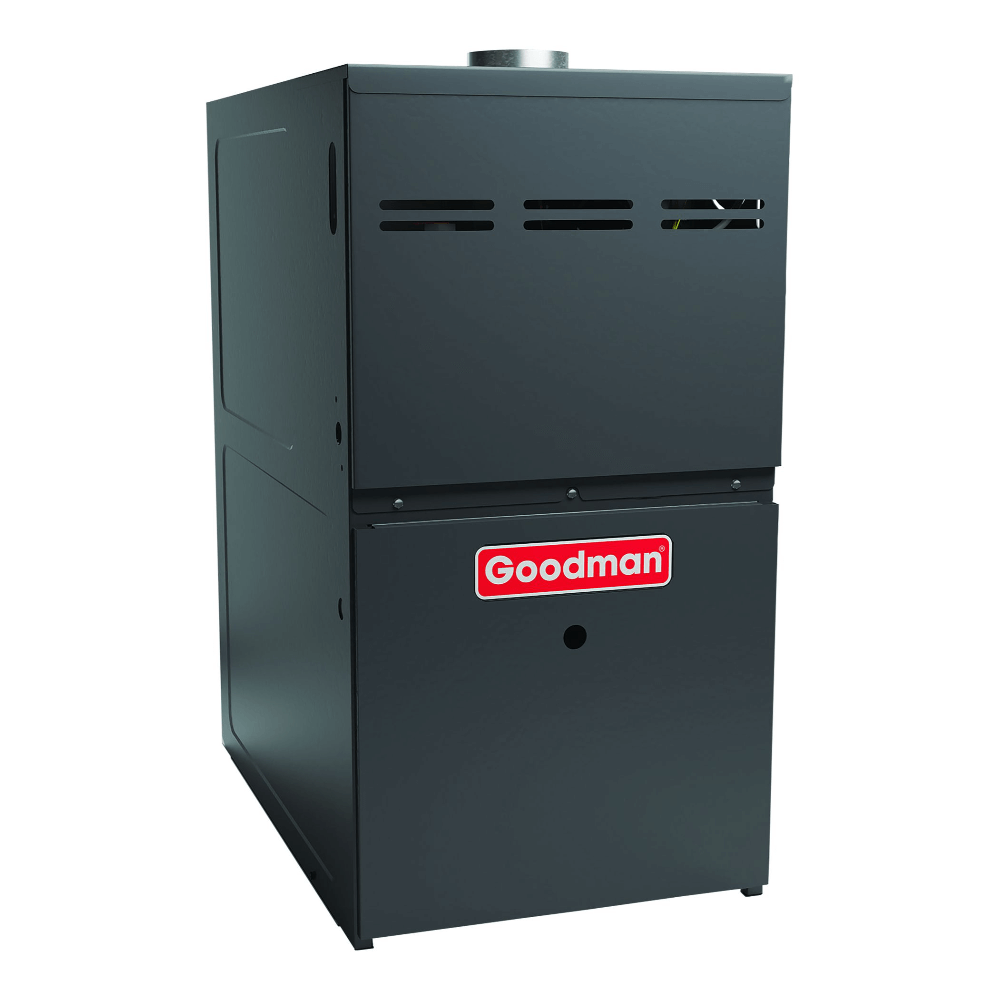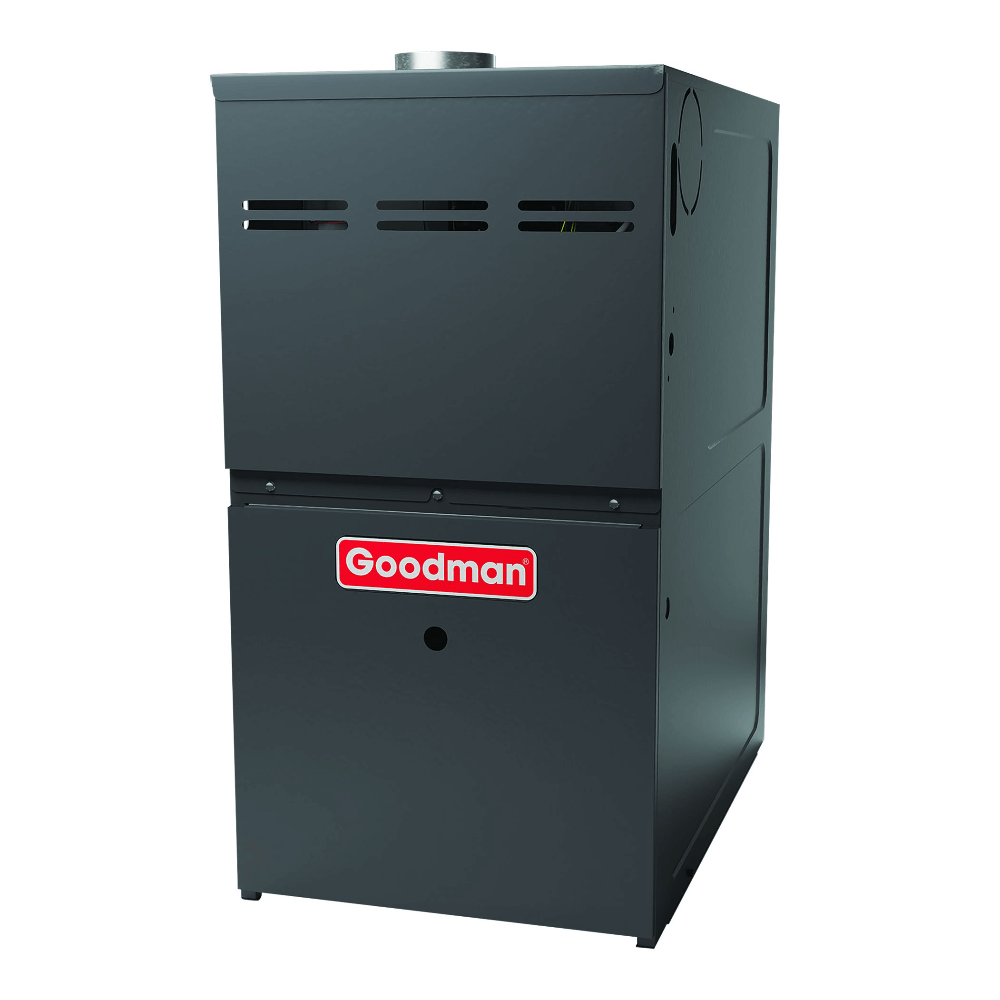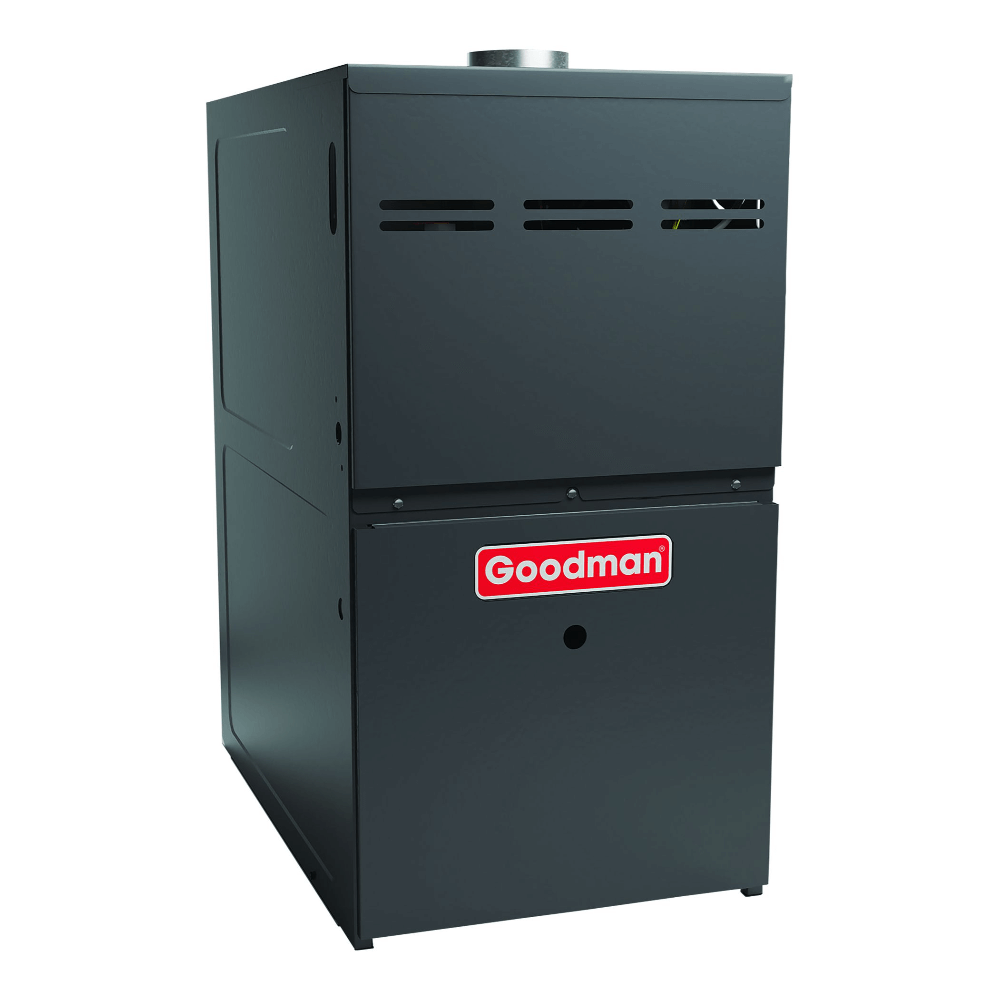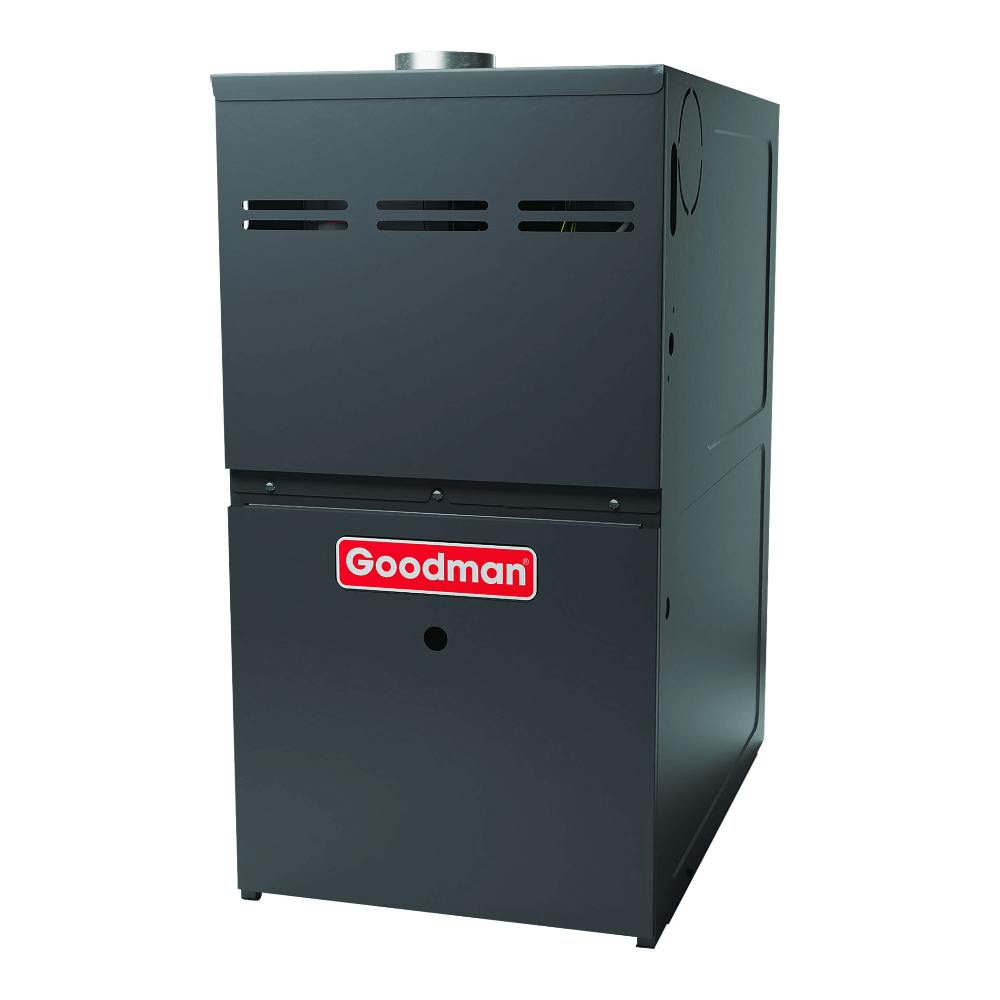The MERV 8 filter is the most common air filter on the market, and rightly so since MERV 8 is the minimum rating recommended for residential use. MERV 8 filters are pleated and typically two inches wide, though a range of dimensions exists. These filters have been popular since the 1970s.
Air filters trap particles in your home’s air to improve air quality. Good air quality benefits those living in the house, but it also keeps the HVAC system in good working order. MERV 8 filters capture airborne particles between 3 and 10 microns with 90% efficiency. They are economical, easily serviced, and can sometimes last three to six months or up to one year.
MERV 8 is simply one rating on the MERV scale. MERV 8 filters may be ideal for one home and inadequate for another. As a consumer and homeowner, it’s essential to understand the MERV rating system to guarantee good air quality in your home and compatibility with your HVAC system.
What is a MERV rating?
Established in 1987 by the American Society of Heating, Refrigerating, and Air Conditioning Engineers (ASHRAE), MERV is the only standardized filter rating system. A MERV (minimum efficiency reporting value) rating rates an air filter in terms of its ability to trap airborne contaminants. The industry-standard air filter MERV rating scale ranges from 1 to 20. Filters rated at the higher end of the scale are more effective at trapping particles than filters rated at the lower end.
The MERV rating indicates the air filter’s ability to trap airborne particles between .3 and 10 microns. One micron is equal to .00003937 inches or .001 millimeters. That is to say, these particles are too small to be perceived by the naked eye.
Although the MERV scale is broad, specific rankings are better suited for residences than others. Using the cheapest filters may seem economical, but low-rated filters don’t trap enough particles to achieve good air quality. On the other hand, it may be tempting to use filters that trap 99.9% of particles, but high-rated filters are not necessary for homes and are not usually compatible with home HVAC systems. The best air filters for residences fall near the middle of the scale, between MERV 8 and MERV 13.
Does MERV 8 filter smoke?
MERV 8 filters cannot filter smoke. MERV 8 filters can capture particles of 3 microns or larger, which means they are good at trapping dust, dust mites, pollen, bacteria, hairspray, and pet dander from one pet, but they are unable to trap fine particles. In contrast, MERV 11 filters can trap fine particles and are a better choice for cigarette smokers.
Which is better, MERV 8 or 11?
MERV 11 filters are rated higher and provide better filtration than MERV 8 filters, but they are not necessarily better all-around filters. The best air filter for your home depends on your individual needs and concerns.
MERV 8 filters are the lowest-rated filters that should be used in residences, but they are not substandard. They provide adequate filtration of contaminants in the average home, capturing up to 90% of particles between 3 and 10 microns. In addition, MERV 8 filters are nearly as affordable as low-quality filters. Still, some homes require better filtration than MERV 8 can provide.
MERV 11 filters provide superior filtration to MERV 8. They can capture at least 65% to 79% of airborne particles in the 1.0 to 3.0-micron range and provides 85% or better filtration of particles in the 3.0 to 10.0-micron range. MERV 11 filters trap contaminants that escape MERV 8 filters, such as mold, auto emissions, smoke, smog, and dander from multiple pets. Airflow is a concern with higher-rated filters, but MERV 11 filters are compatible with most HVAC systems. The drawbacks are that MERV 11 filters are more costly and may need to be changed more often than MERV 8 filters.
MERV 8 |
MERV 11 |
|
|
POLLEN |
|
|
|
DUST / LINT |
|
|
|
DUST MITES |
|
|
|
DEBRIS |
|
|
|
MOLD SPORES |
|
|
|
PET DANDER |
|
|
|
SMOKE |
|
|
|
SMOG |
|
Since both filter ratings are acceptable for home usage, homeowners should base decisions on what they want to be filtered out of their air and why. While MERV 8 filters are suitable for most homes, people with respiratory issues, multiple pets, or living near sources of outdoor air pollution should consider upgrading to a MERV 11 filter.
Does MERV 8 restrict airflow?
Generally, the higher the MERV rating, the more energy and effort your HVAC unit needs to use them. Although MERV 8 filters are more than sufficient for most HVAC systems, they may restrict airflow if your unit is older or your blower motor is weak.
Most newer systems have no problem working with higher MERV filters, so many homeowners depend on them. The primary trouble with high-efficiency air filters is that they are left unchanged for long periods. If you leave a clogged filter unchanged for a long time, that's when you can start to see issues with resistance to airflow. If you change your filters frequently, you'll unlikely experience filter-related problems with your air conditioning unit.
How often should you change a MERV 8 filter?
The filter’s quality determines how often the air filter needs to be changed. MERV 8 filters should be changed at least every 90 days. Some circumstances, like excessive dust production, may require frequent changes to keep the airflow unrestricted. Restricted airflow can affect air conditioner efficiency and damage the system. Assessing the filter every few weeks is a good practice. Higher-rated filters may need to be changed more often because they trap more contaminants.
Conclusion
MERV 8 filters provide adequate filtration for most homes. They capture much of the contaminants generally found in homes, such as dust, dust mites, pollen, bacteria, hairspray, and pet dander from one pet. MERV 8 filters are reasonably priced, easily serviced, and long-lasting.
Even so, MERV 8 may not be ideal for everyone. Homeowners that require better air filtration due to health concerns or more contaminants in the home’s air might consider a higher-quality MERV 11 filter.

